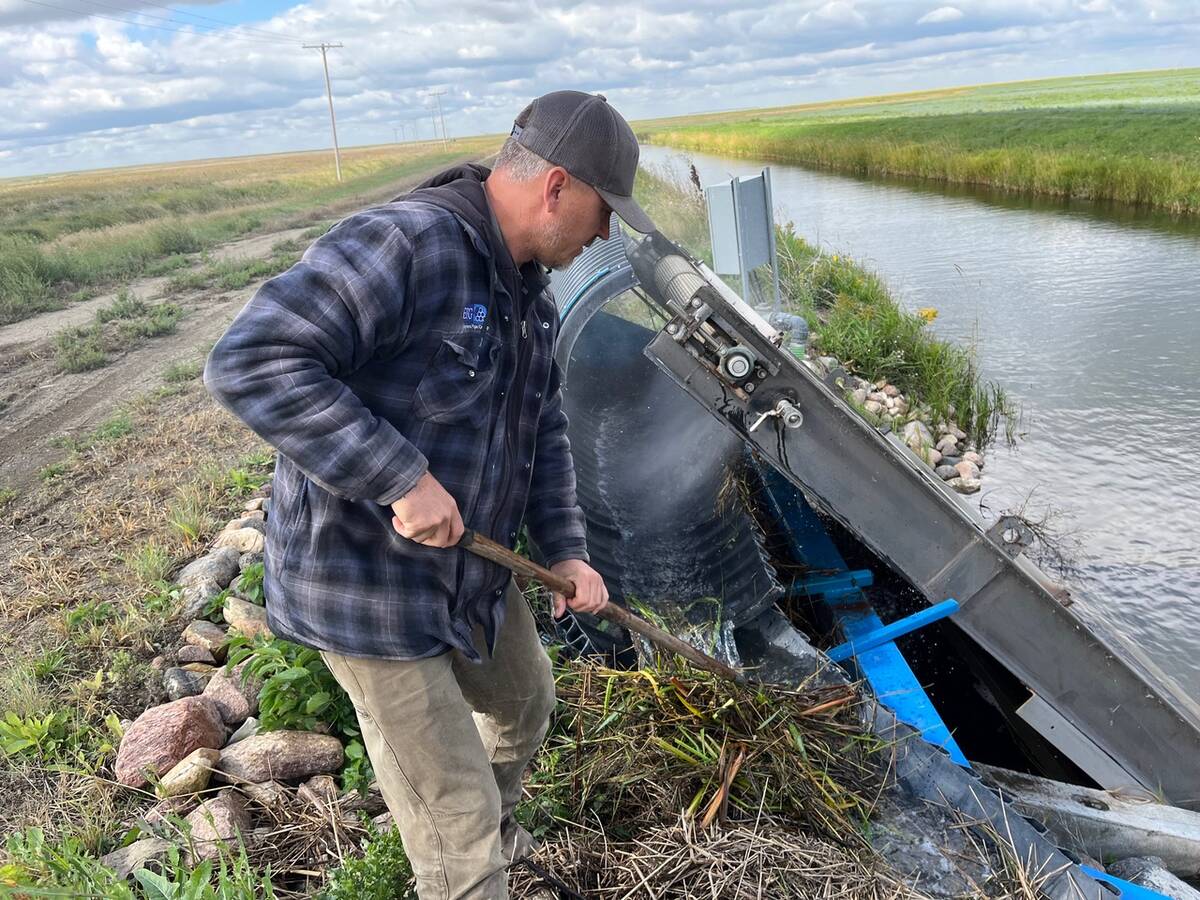Viterra wants to gallop to the front of the field with the conversion of a seed cleaning plant in Camrose for processing and cleaning specialty oats.
The racehorse industry in North America and Asia will be the key market for the new plant after the $3.5 million conversion. The plant will also be able to service the livestock feed and human consumption oat market.
Bob Miller, Viterra’s senior vice-president of grain in North America, said the racehorse oat market is “relatively flat,” but to stay competitive, the company needed to replace its aging Edmonton oat processing plant.
Read Also

Saskatchewan farmer uses tile drainage to manage water
The integration of both irrigation and tile drainage results in higher yields, water efficiency, improved soils and less nutrient runoff, says one producer.
The Edmonton plant, which was acquired when Saskatchewan Wheat Pool took over Agricore United to form Viterra, will be decommissioned.
“The Edmonton facility is obsolete and worn out.”
Miller said converting the Camrose plant, located an hour southeast of Edmonton, will allow Viterra to stay competitive and expand its oat market business.
“It’s a good market for us. It’s relatively steady.”
The conversion will allow the plant to process double cleaned, triple cleaned, royal oats, crimped-rolled oats and oat groats. The addition of a steam-crimping line will make the Camrose facility the only dedicated specialty oat plant in Western Canada able to supply that range of products.
Miller said the Camrose plant would not affect its CanOat facilities in Saskatoon and Portage la Prairie, Man. Those plants process oats for human consumption. The Camrose facility’s main focus is on livestock, with some oats shipped by rail to other centres to be used in human consumption.
The new facility will be able to process 60,000 to 80,000 tonnes a year.
















